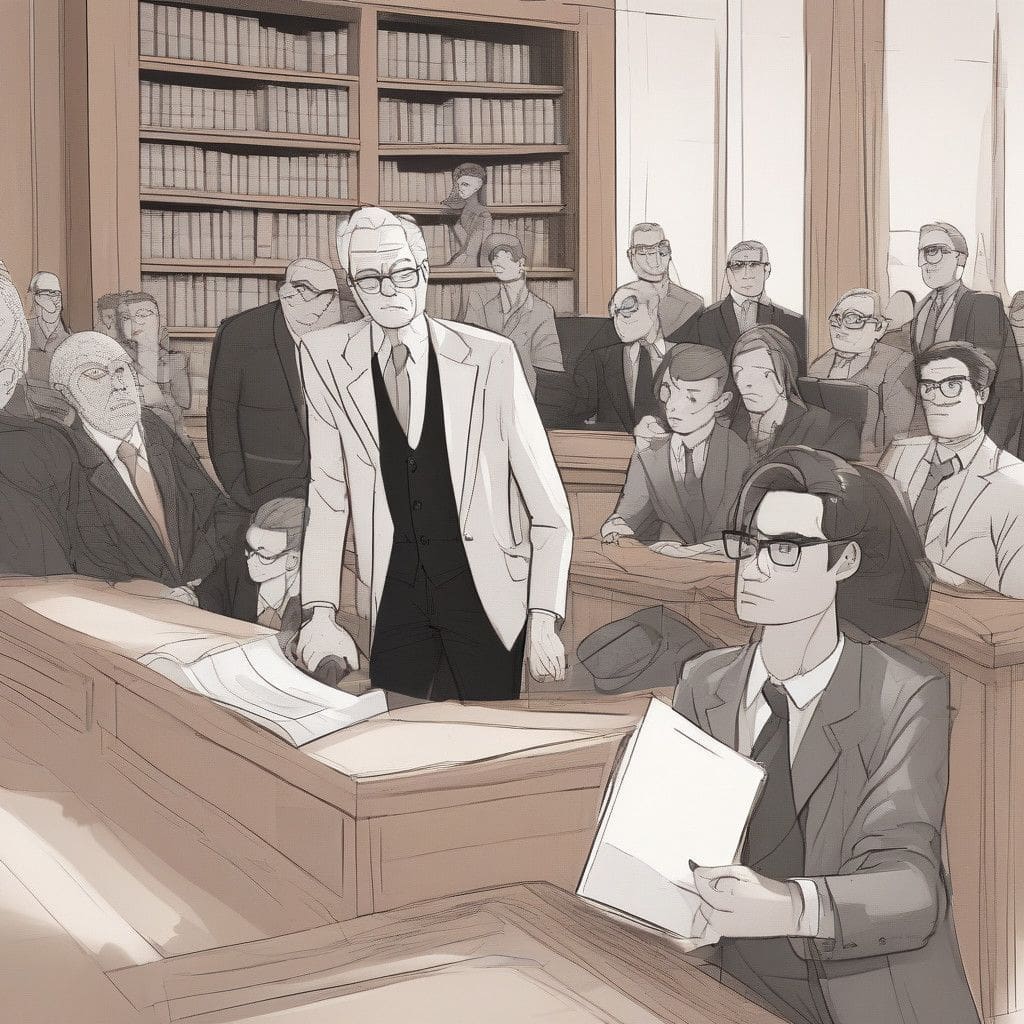A recent ruling by Chief US District Judge Robert Shelby has put a halt to Utah’s new law aimed at regulating social media use among minors, a law that was set to take effect on October 1. The law mandated social media companies to verify the ages of their users and restrict accounts belonging to minors. The Judge granted a preliminary injunction, deeming that the law likely infringes upon the First Amendment rights of these companies by imposing excessive limitations on their free speech.
The lawsuit was initiated by NetChoice, a prominent tech industry group representing major players such as Meta, YouTube, Snapchat, and X (formerly Twitter). They argued that the law imposed unreasonable restrictions specifically targeting social media platforms while excluding other online services, creating a disparity in regulatory measures across the digital landscape. The court concurred with NetChoice’s viewpoint, emphasizing that the law failed to meet the strict scrutiny standard required for regulations that affect free speech.
This ruling is a critical moment in ongoing national discussions surrounding minors and social media use. Many officials in Utah expressed disappointment over the decision, asserting their commitment to protecting children from potential harm associated with social media platforms. Attorney General Sean Reyes indicated that his office is currently reviewing the ruling to consider potential next steps. Utah Governor Spencer Cox, who signed the law in March of this year, aimed to enhance protections for minors against the adverse effects of social media. However, this legal contest highlights the delicate balance between ensuring child safety and upholding free speech rights in the digital age.
The Utah case joins a series of similar legal challenges faced by other states. Courts in California, Texas, and Arkansas have also blocked legislation intended to regulate social media with a focus on protecting minors. Chris Marchese, director of NetChoice’s litigation center, praised the recent ruling as a significant victory, stating that the law is flawed and should ultimately be invalidated. The continuous legal battles underscore the complexity of finding effective solutions to address valid concerns regarding the impact of social media on youth without infringing upon constitutional rights.
The implications of this ruling extend beyond Utah, touching on broader questions about how to address the challenges posed by digital platforms while also protecting the rights of users. As the number of social media users continues to rise, particularly among younger demographics, striking the right balance between regulation and free expression becomes increasingly vital. Lawmakers, tech companies, and advocacy groups must collaboratively seek strategies that safeguard young users without resorting to overly broad or punitive legal measures.
As discussions continue, strategies such as educational programs about safe social media use, parental controls, and enhanced privacy settings may offer potential pathways to address the issue without conflicting with First Amendment rights. The need for ongoing dialogue and collaboration among all stakeholders involved in this debate is paramount as society navigates the intricate landscape of digital communication in the 21st century.
This latest development in Utah reflects not just a battle over a specific piece of legislation, but it represents a larger debate on the role of technology in our lives and how best to ensure the safety and well-being of our youth without compromising foundational freedoms.
